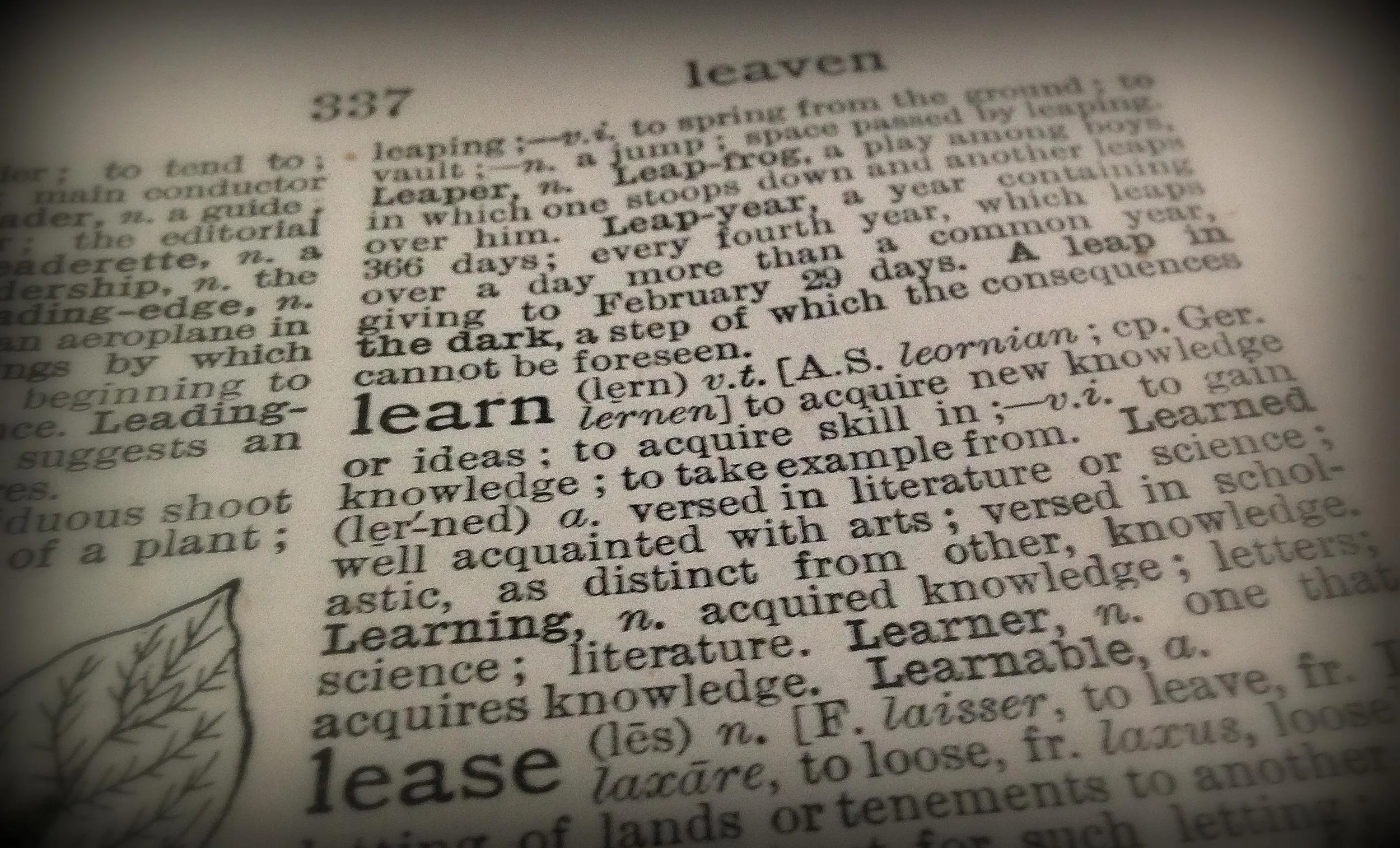It's college application season, again. To a lot of students, the process seems wrapped in a shroud of mystery. What exactly happens when you send your application out into the unknown only to ... wait? Well, here's a glimpse behind the curtain at one school.
Hey Students, Applying For College Aid Is Easier! (But Still Hard) - NPR
When the Obama administration announced "an easier, earlier FAFSA" last year, prospective college students (and their parents) cheered. And it is both. So why do many students still have trouble finishing the FAFSA?
Those Hidden College Fees (NY Times)
The parade of fees on college campuses never seems to end. There are extra charges to start college, such as orientation fees and freshman fees, and extra charges to finish, such as senior fees and commencement fees. Since 1999, mandatory fees have risen 30 percent more than tuition has, said Robert Kelchen, an assistant professor at Seton Hall University who has studied the issue. The average fee at four-year public colleges was almost $1,700 in 2015-16. That’s nearly 20 percent of the tuition and fee average.
Investor's Guide To College Admissions: 10 Undervalued 'Buys'
In many respects, college admission is a classic case of momentum investing. Everyone chases the same schools, which become harder to get into and more expensive each year. But why not consider “hot colleges in the making” under innovative management?
One way to write a great college admissions essay? Tell your story out loud. (WA Post)
Most application essays aren’t memorable, admissions experts say. A few are so awful they stand out. And some are so powerful that they change a student’s chance of acceptance, or help win scholarships.
Advice College Admissions Officers Give Their Own Kids (NY Times)
Admissions officers tell their own children that high school is far more than just a pathway to college — it’s a time for maturation, self-discovery, learning and fun. They encourage their teens to embrace activities and courses that reflect who they genuinely are, not who they think colleges want them to be. The NYTimes interviewed admissions officers, who all emphasized the importance of their child finding a college that fits, not the other way around; here is their advice.
Common App’s New Leader Ponders College Access — and Holographic Video Interviews (Chronicle)
[note: subscription required]
The Chronicle caught up with Ms. Rickard, now vice president for enrollment at the University of Puget Sound, in Washington state, to ask about her plans for the nonprofit organization behind the widely used admissions-application platform.
What Does a Private College Counselor Do: College Admissions 101 (HuffPost)
“Applying for college is not what it used to be. It is insanely more competitive these days and if you can afford the help of a professional, get it” according to parent quoted in an Atlantic article. College admissions has become a hyper-competitive and important part of a student’s educational journey. As colleges routinely receive thousands of applications and students are applying to more and more colleges each year, admissions has become a sophisticated and confusing process, especially for parents who are unfamiliar with the US educational system and just want the best for their children.
Uncertainty, Unpredictability, Chaos (Slate)
Next year will be confusing for students, families, and most colleges in the admissions process.
How and Why You Diversify Colleges (NY Times)
THERE’S a whole lot wrong with the conversation about including more low-income students at elite colleges, but let’s start here: The effort is too often framed as some do-gooder favor to those kids.
Hardly. It’s a favor to us all. It’s a plus for richer students, who are then exposed to a breadth of perspectives that lies at the heart of the truest, best education. With the right coaxing and mixing on campus, they become more fluent in diversity, which has professional benefits as well as the obvious civic and moral ones. It’s a win for America and its imperiled promise of social mobility.
3 Reasons to Try Out MOOCs Before Applying to College (U.S. News)
Free online courses enable high schoolers to explore possible majors and preview college-level academics, experts say. MOOCs have been controversial, but these online classes enable curious high schoolers to explore a range of disciplines for free without having to commit to staying enrolled.
The college debt crisis is even worse than you think (Boston Globe)
A new study by the Washington think tank New America finds that nearly 50 percent of public four-year colleges nationally are leaving the poorest students on the hook for more than $10,000 a year, a figure that has jumped by a third in just four years. But at private colleges, it’s close to 100 percent. Apart from the elites, most privates, despite all those hefty tuition hikes, have even fewer resources than public institutions and can’t come close to meeting students’ entire need.
